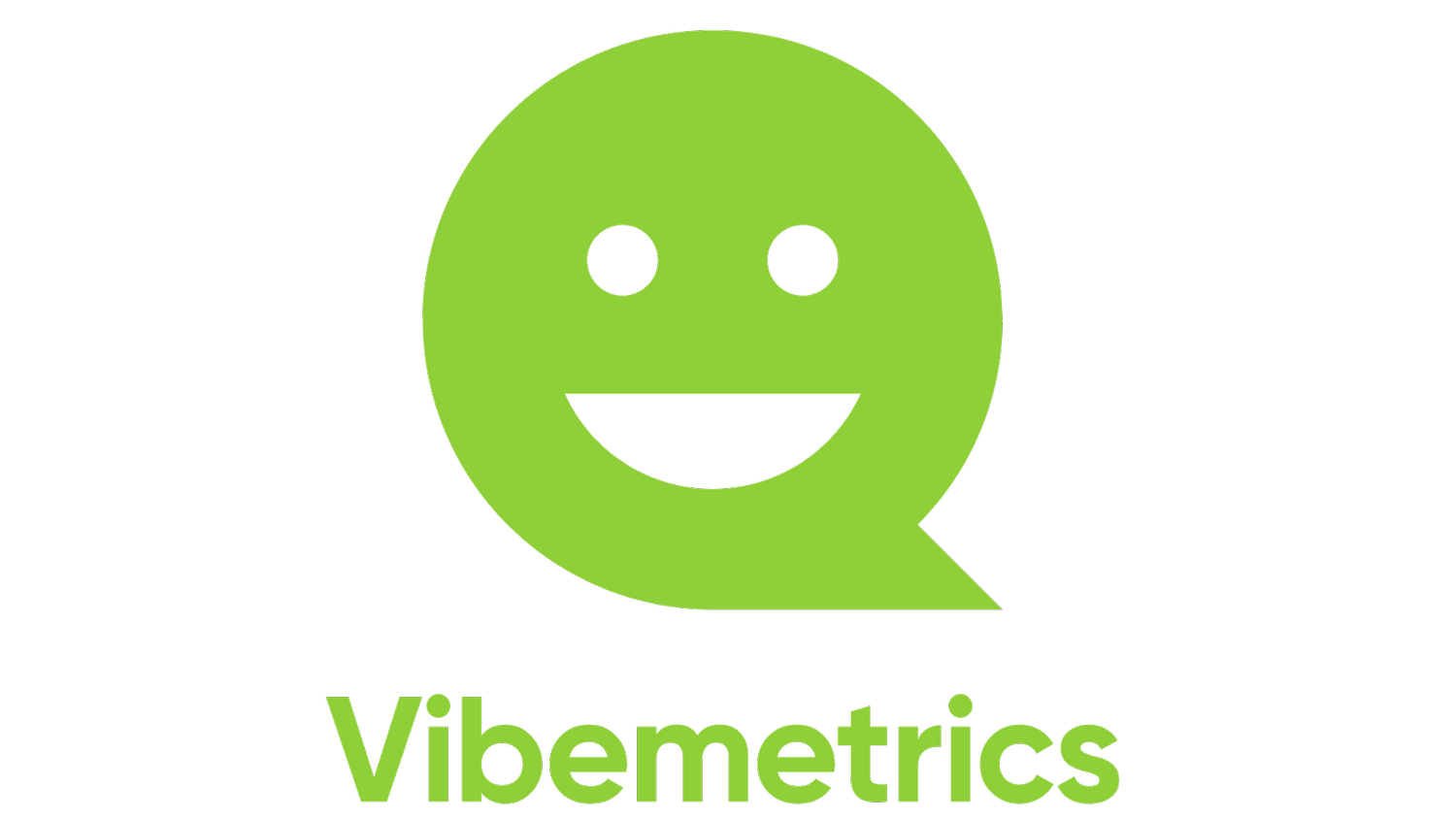The importance of values and how to work on them - case Fennia
Values are the heart of corporate culture and they exist for people. When your values and the values of the company meet, it creates an emotional bond and a sense of meaning in your work. This autumn, Fennia held a Values Debate, where employees had the opportunity to share the values that matter to them. As a result, Fennia's new values will be published.
McKinsey study the interest rate pandemic has changed the needs and aspirations of employees for the employee experience. People increasingly expect to experience a sense of meaning in their work, and that their own goals in life and the employer's "purpose" are aligned. Employees want to feel empowered and want to be seen as significant contributors to their organisations.
The experience of relevance is strongly linked to values. Values determine everyday actions and the realisation of values is experienced in everyday situations. Employees who perceive their organisation's values to be in line with their own values, are more likely to stay with the organisation. Conflicting values at work are a source of negative emotions and stress and make it difficult to perform.
Many people recognise the importance of values, but as Forbes' Brent Gleeson writes, deeply embedding values in an organisation's culture is another matter altogether. Values must be the foundation of an organisation's culture - but to do so, employees must feel a personal connection to values.
Fennia took value coherence as the starting point for its value work
When Fennia embarked on a strategy update, it was seen as natural to look at the company's value base, from which everything is driven. The aim was to examine whether the company's current values and cornerstones were up to date. The work on values started at the grassroots level, by first asking the staff what they thought about Fennia's existing values and then asking them about the values that were personally relevant to them.
"Vibemetrics enabled people to tell us what they were thinking and what was important to them. This was an important starting point for the values debate - that everyone could take a moment at the beginning to reflect on their position before moving on to the bigger context."
The final results of the value dialogue, i.e. which issues were important to the Fenians, were discussed at a joint event. The keynote speaker re-tuned people's minds to the value theme and the improvisational theatre Kolina was there to colour the value story and bring emotional reactions, fun and lightness to the theme. Fennians were given the opportunity to talk about values live and vote for the top values - which values still resonated the strongest in that moment. Values were discussed and explored from a wide range of perspectives.
After the event, the work on the values continued and Fennia's new values will be published soon. Anu Nurro, Fennia's HR Director, sees the continuation of the values work as promising:
"Values become a guide, truly our way of doing things. Over the next year, we plan to bring the values into our performance management and talent management processes, recruitment and employer image, as well as into our internal discussions, for example on talent issues. We have a tremendous opportunity to make the values truly live."
Once the values have been embedded in the organisation's daily life and processes, the aim is to use Vibemetrics to measure the employees' experience of how the values are embedded in the company's customs and in their own habits.
Through the values dialogue, employees usually become very familiar with the values: in our previous blog you can read how after the HUS values dialogue 93% of the organisation's staff knew the HUS values.
Values guide all activities in an organisation and consistency of values is a really important criterion in creating a good workplace. People are committed to their workplace when they feel that values are aligned with their own. Moreover, the careful integration of values into strategy, mission and objectives seems to have a direct impact on performance.
With Vibemetrics' Value Conversation, you can improve your organisation's value orientation so that the resulting values are genuinely meaningful to employees and supportive of your organisational goals.
The photo shows Fennia's People and Culture unit.

